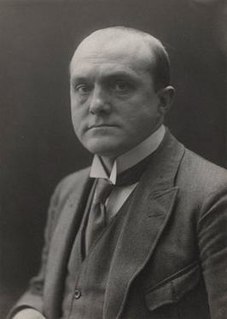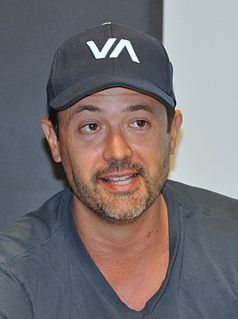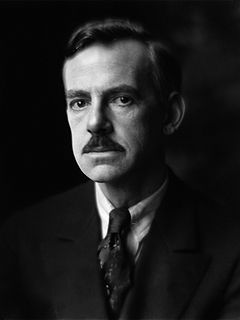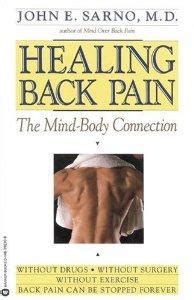A Quote by Anthony Standen
Science ... must be absorbed in order to inculcate that wonderful humility before the facts of nature that comes from close attention to a textbook, and that unwillingness to learn from Authority that comes from making almost verbatim lecture notes and handing them back to the professor.
Related Quotes
There is no supernatural, there is only nature. Nature alone exists and contains all. All is. There is the part of nature that we perceive, and the part of nature that we do not perceive. ... If you abandon these facts, beware; charlatans will light upon them, also the imbecile. There is no mean: science, or ignorance. If science does not want these facts, ignorance will take them up. You have refused to enlarge human intelligence, you augment human stupidity. When Laplace withdraws Cagliostro appears.
When I was at the University of California at Berkeley, I went to some classes that must have had more than four hundred students in them. I almost always sat in the far back of the auditorium so I could read the newspaper. I remember that I stayed late one day to ask the professor a question, and when I got up to him, all I could think to myself was, 'So this is what the professor looks like.
The mathematical thermology created by Fourier may tempt us to hope that, as he has estimated the temperature of the space in which we move, me may in time ascertain the mean temperature of the heavenly bodies: but I regard this order of facts as for ever excluded from our recognition. We can never learn their internal constitution, nor, in regard to some of them, how heat is absorbed by their atmosphere. We may therefore define Astronomy as the science by which we discover the laws of the geometrical and mechanical phenomena presented by the heavenly bodies.
We must start with scientific fundamentals, and that means with the data of experiments and not with assumed axioms predicated only upon the misleading nature of that which only superficially seems to be obvious. It is the consensus of great scientists that science is the attempt to set in order the facts of experience.
We must learn to recognize nature's truths even though we don't understand them, for some of those truths may still be beyond the ability of the human mind to comprehend. What we need is a compound prescription of humility, imagination, devotion to the truth and, above all, confidence in the eternal wisdom of nature.



































